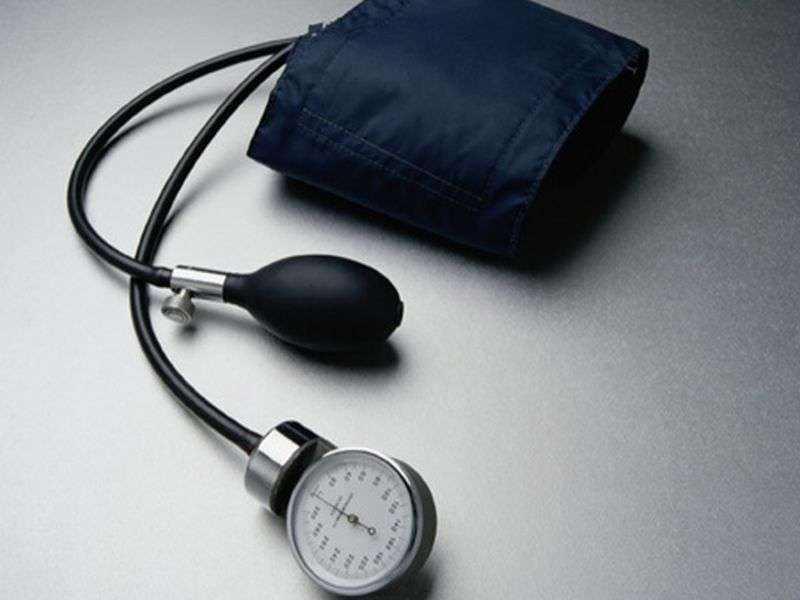(HealthDay)—For patients with type 2 diabetes, once-daily treatment with the glucagon receptor antagonist LY2409021 is associated with increases in ambulatory blood pressure (BP), according to a study published online Feb. 13 in Diabetes, Obesity and Metabolism.
Christof M. Kazda, M.D., Ph.D., from Eli Lilly and Company in Neuilly-sur-Seine, France, and colleagues conducted a six-week randomized trial to examine the effects of once-daily administration of LY2409021 versus placebo on systolic blood pressure (SBP), diastolic BP (DBP), and mean arterial pressure (MAP) using 24-hour ambulatory BP monitoring. Participants included 270 patients with type 2 diabetes treated with diet/exercise ± metformin.
The researchers found that 24-hour mean SBP was increased after six weeks of LY2409021 treatment, with a least squares mean (LSM) difference of 2.26 mm Hg versus placebo (95 percent confidence interval [CI], 1.11 to 3.40; P < 0.001). There were also increases in 24-hour mean DBP and MAP, with LSM differences of 1.37 mm Hg and 1.67 mm Hg, respectively, versus placebo (95 percent CIs, 0.66 to 2.08 and 0.86 to 2.47, respectively; both P < 0.001). LY2409021 treatment correlated with reduced hemoglobin A1c (HbA1c) levels at week six, with a LSM difference of −0.49 percent versus placebo (95 percent CI, −0.56 to −0.42 percent; P < 0.001). LY2409021 treatment correlated with small but significant changes in serum lipid and aminotransferase levels (all P < 0.05 versus placebo).
"Statistically significant increases in BP, MAP, and serum lipid levels were observed with LY2409021 treatment at a dose that lowered HbA1c and glucose levels," the authors write. "These effects may limit the clinical utility of LY2409021."
Several authors disclosed financial ties to Eli Lilly, which developed LY2409021 and funded the study.
More information:
Abstract
Full Text (subscription or payment may be required)
Copyright © 2017 HealthDay. All rights reserved.























